Rather than rivals, Iran and Russia are partners against US energy hegemony
The public opinion has been shaped in such a way to believe that Iran and Russia have conflicting interests in the economic field, especially in energy, but this article is arguing that it is generally the other way around.
Iran's Minister of Petroleum Javad Owji and his Russian counterpart Nikolay Shulginov on Tuesday discussed energy cooperation in a meeting in Moscow which is hosting President Ehrahim Raisi on his most important visit abroad since taking office in August.
Oil and gas cooperation, the OPEC+ agreement, and transfer of technology featured in their discussions.
Owji planned to discuss options for shipping Iranian natural gas to Pakistan and India with the participation of Russian companies, and manufacturing of oil industry equipment. He will also hold talks with Russia's main OPEC+ representative, according to deputy prime minister and former energy minister Alexander Novak.
The two sides further discussed preparation and the agenda for the next meeting of the Russian-Iranian government commission on trade and economic cooperation, the Russian energy ministry said in a statement.
Iran's foreign, petroleum and economy ministers are accompanying President Raisi in his two-day visit to Moscow.
They plan to discuss a whole gamut of bilateral cooperation, including the fate of a promised $5 billion Russian loan, supplying some Iranian oil to global markets through Russian companies, devising new oil-for-goods deal, increasing the current record $3 billion bilateral trade to $5 billion and doing business in national currencies.
Iran's Foreign Minister Hossein Amir-Abdollahian wrote in Russia's Sputnik news agency that the two sides are determined to update a 20-year cooperation treaty they signed in 2001.
They plan "a new road map based on a balanced, active, dynamic and smart foreign policy, which lays an emphasis on cooperating with all neighbors, especially the Russian Federation, and advancing economic diplomacy”, he said.
“For their bilateral relations, the two countries are determined to update the Treaty on the Basis of Mutual Relations and Principles of Cooperation between Iran and Russia in harmony with global developments,” Amir-Abdollahian said.
The agreement, signed in March 2001, was originally meant to last four 10 years, but it has twice been extended for five years.
The visit comes as Iran and the remaining signatories of a 2015 nuclear deal including Russia are working strenuously to revive the agreement which has been on life support since the US abandoned it in 2018.
Among Russian energy companies, Lukoil has already said it would be "happy" to return to talks to develop Iran's Ab Teymour and Mansouri oil fields, which were put on hold in late 2018 after the US reimposed sanctions on the country's oil industry in the wake of its withdrawal from the nuclear deal.
President Raisi, however, has signaled hedging his bets on the success of the Vienna talks and instead pushed for maximum engagement with Iran's neighbors and the countries which are less at Washington's beck and call.
Iran and Russia are interchangeably estimated to hold the first and second largest gas reserves in the world. The two countries are also major oil producers, meaning both countries are energy superpowers in terms of their hydrocarbon reserves combined.
According to the head of the Iranian Ministry of Petroleum's Institute for International Energy Studies, Iran, Russia and the countries supplying hydrocarbon resources will suffer from the new American order in the energy market, and as a result the great interests of Russia and Iran in the energy market will be in working together against this order.
"Unfortunately, the former officials of the country have shaped the public opinion in such a way that Iran and Russia are thought to have conflicting interests in the economic field, especially in energy. As a result, according to this view of the conflict of interests of the two countries, no effective action has been taken so far to increase economic cooperation with Russia," Mohammad Sadeq Jokar told Fars news agency.
To prove the conflict of interests between Iran and Russia, he said, it is always argued that the two countries compete in the European gas market and that Russia does not want to lose its monopoly on the European market and share it with Iran.
"This analysis has a fundamental drawback. In fact, the question is whether the targeted markets of Iran and Russia are still common markets. Given the developments in the energy market, the answer to this question is no, and it must be said that at present the two countries do not have a common target market in which to compete," Jokar said.
According to the energy specialist, those defending Iran's gas exports to Europe justify the trade for its political benefits, arguing that they would make Europe dependent on Iranian gas.
"My first question is what market share Iran can gain from such exports," he said, noting that Russia plans to export 200 billion cubic meters of gas a year. "Do they really think that, for example, with the annual export of 10 billion cubic meters, Europe will become dependent on Iranian gas?"
Given that 90 percent of the gas produced in Iran is consumed domestically and the fact that the country currently does not have any LNG plants, its best option is to export its surplus output to neighbors through pipelines.
"If Iran has gas for export, the priority is definitely to export it to Oman, for example. When the Oman gas market is available to Iran, why should we export gas to Europe, which has a lower price and we have to pay transit fees to Turkey?" Jokar asked.
"Why should we take gas to Europe when the Iraqi and Kuwaiti markets are available to Iran for export? This is not economically viable at all," he said.
"If Iran, according to its economic and political priorities in the gas market, moves to take over the market in Pakistan and the southern Persian Gulf, Russia will not have a fundamental issue with that. Of course, in some markets there is still competition between Iran and Russia - in the Turkish gas market, for example."
Jokar touched on the legacy of the “America first” agenda initiated by former president Donald Trump aimed at transforming the US into a global energy superpower.
Like other international economists, Jokar believes the global energy system is in transition to a new energy order characterized by the emergence of the United States as a net oil exporter, the shale revolution and the gradual shift towards low-carbon sources and renewables.
"This will hurt traditional suppliers of hydrocarbon resources such as Iran, Russia and Saudi Arabia," he said. "This is where it can be seen that the greater interests of Russia and Iran in the energy market lie in standing together against this new order."
The economist touched on some of the existing grounds for cooperation between Iran and Russia, citing the mini-LNG technology which the Russians have recently acquired as an example.
"Also after the sanctions, Rosneft has localized more than 70% of the required oil import services. Due to the technology sanctions of Western companies against the two countries, Iran and Russia can also exchange technology in this field," he said.
Jokar also cited leading Iranian industrial group Mapna, saying it has a high capacity to overhaul Russian power plants.
"Or we have achieved some successes in certain upstream technologies that can be exchanged with the Russians. Some Iranian companies cooperated with the Russians on the Nord Stream 2 pipeline. This means that we also have capabilities to offer to the Russians, and the game is not one-sided."
Moreover, the Russians have good experience in "clean coal" projects which include capturing carbon emissions from burning coal and storing them under the earth.
"It is not clear why we do not pay attention to the use of coal at all. Coal can be used to generate electricity in some areas that do not have air pollution problems, and the Russians, and especially the Chinese, have good experience in this area," Jokar said.
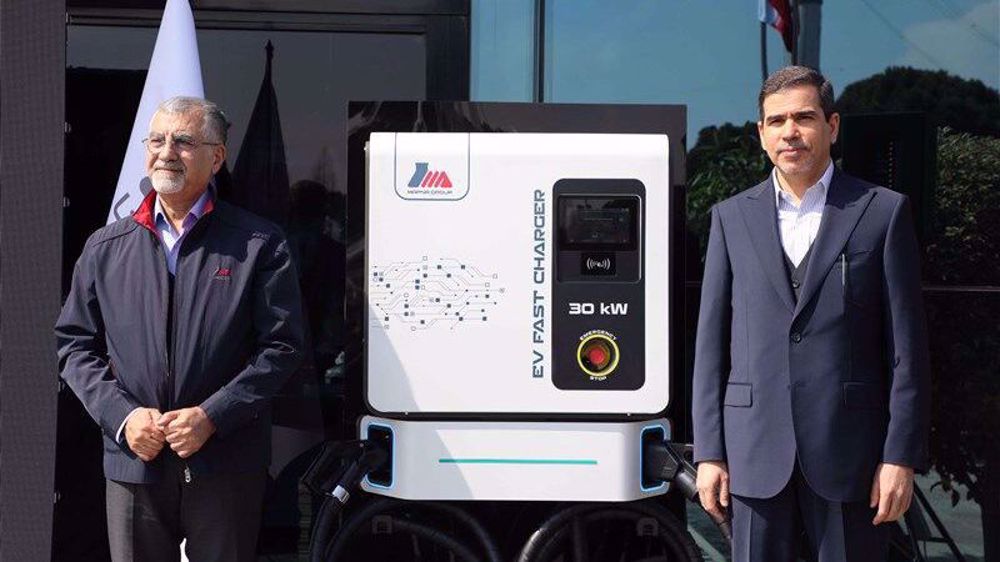
Iran’s MAPNA receives order to export EV chargers
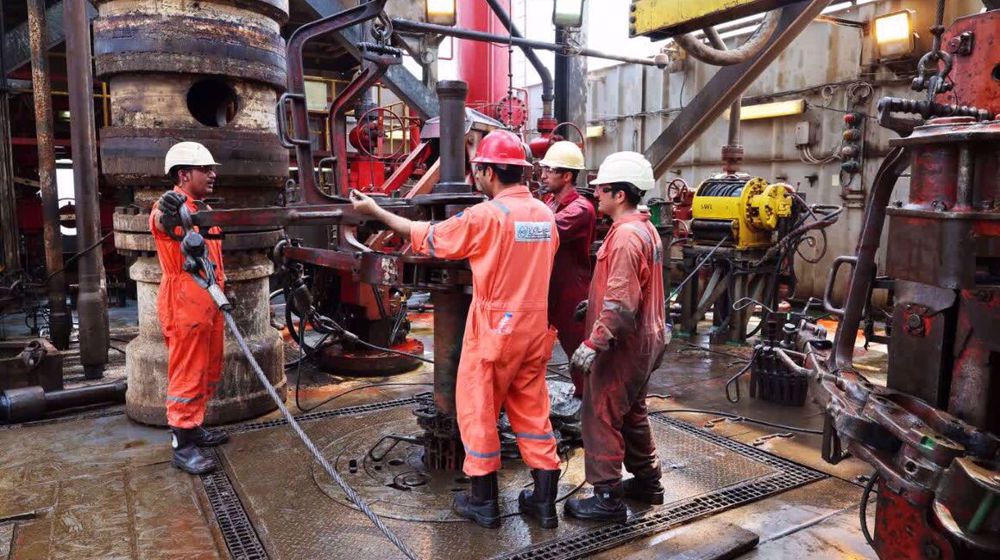
Iran opens first infill well at South Pars gas field
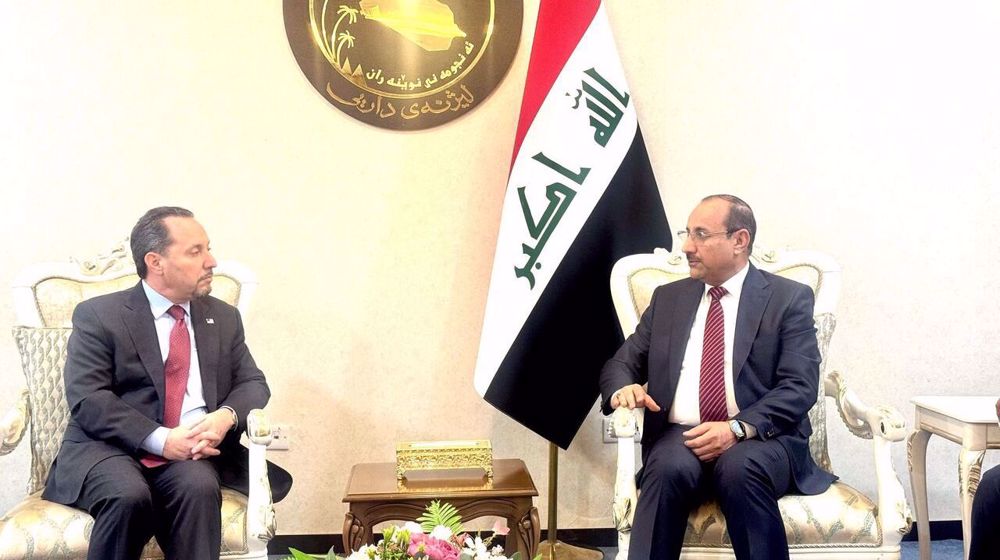
Iraq warns US its power grid would collapse without Iran gas supplies
Iran Army Ground Force fully ready to respond to any threat: Cmdr.
How Zionist lobby silenced Australian senator for commending Iranian women
Araghchi: Iran won’t talk to US under ‘maximum pressure’
Yale suspends Iranian scholar after AI site said she supports a pro-Palestine group
Trump administration pulls intelligence pick over criticizing Israel
UK firm on supplying F-35 parts to Israel despite Gaza aid blockade: Minister
Iran condemns Israel’s halt to food delivery, electricity supply to Gaza
Hamas hails Yemen's resumption of anti-Israel naval operation


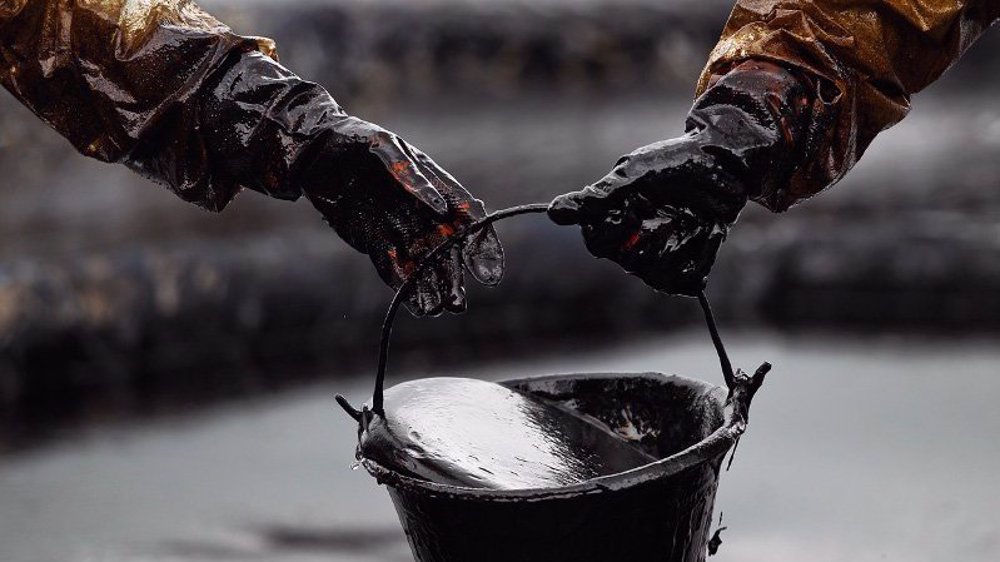
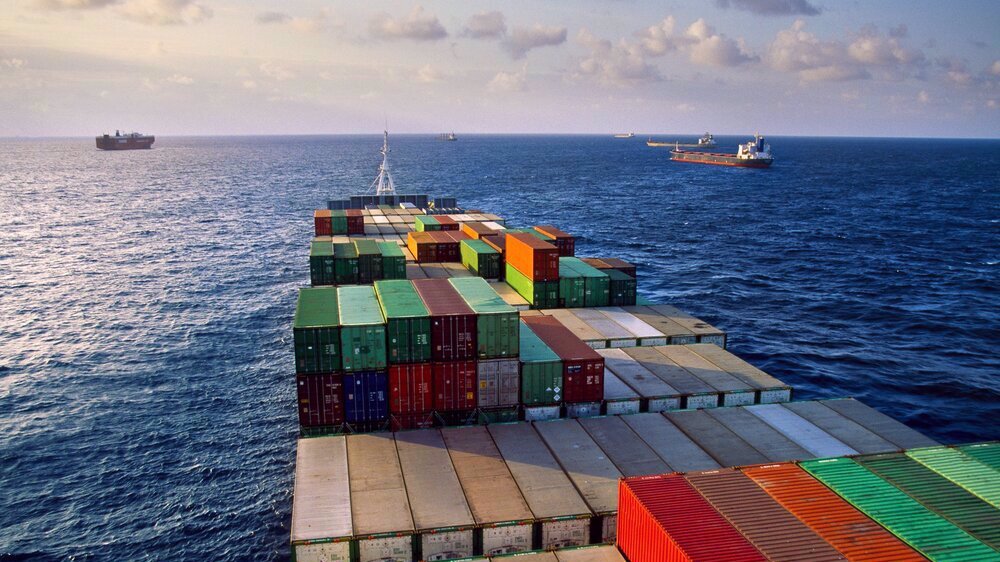




 This makes it easy to access the Press TV website
This makes it easy to access the Press TV website